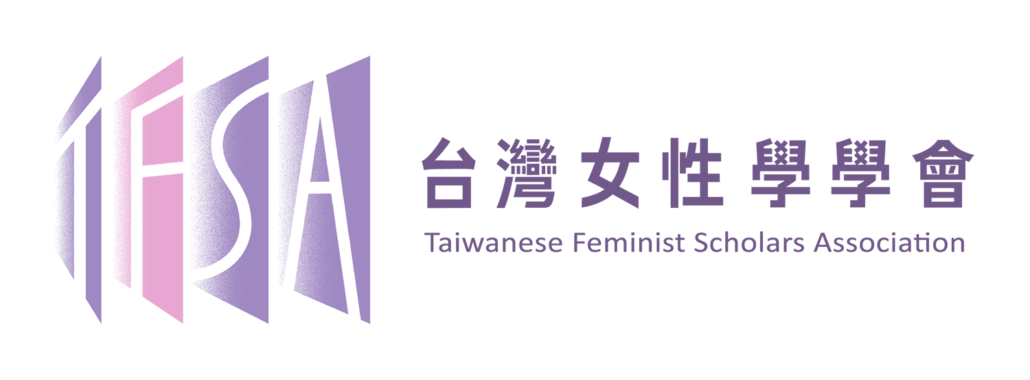2025 TFSA Annual Conference
Feminism in the Classroom: Intersections, Praxis, and Pedagogy
In 2004, the Gender Equity Education Act came into effect in Taiwan, laying the legal groundwork for gender equality in educational settings. However, twenty-one years later, gender inequality remains deeply entrenched. In universities and national ceremonies, female “protocol ambassadors” continue to wear high heels and high-slit cheongsams, reinforcing the notion that etiquette is synonymous with beauty and perpetuating gender stereotypes. Sexist jokes are still openly shared at elite alumni gatherings, and even when met with public outrage, event organizers show little reflection. When a leading fast-food corporation mishandled a sexual harassment incident, groups of young male students mobilized in support—not for the victims, but for the accused, through consumer solidarity.
As the core space for shaping the next generation’s gender consciousness and daily practices, the classroom bears immense social responsibility. How can we utilize feminist perspectives to critically examine, transform, and reshape educational environments—so that education is not merely the transmission of knowledge but also the practice of gender justice?
Confronting these persistent challenges, the 2025 Annual Conference of TFSA will focus on “Feminism in the Classroom: Intersections, Praxis, and Pedagogy.” This conference aims to explore feminist perspectives in education, examine the obstacles and setbacks faced in feminist pedagogy, and identify the possibilities for transformative change.
While feminist educational approaches vary, they all emphasize an awareness of one’s social position and lived experiences. The perspectives of women and marginalized groups are often dismissed as lacking value—historically, women’s practices and experiences have been devalued as “localized” or anecdotal. However, this devaluation is not due to the lack of worth in these perspectives, but rather because those in positions of power have never experienced the realities of oppression and marginalization. Lacking this understanding, they fail to recognize the epistemological foundations of marginalized knowledge. Awareness of these dynamics fosters a commitment to social reform.
Feminist pedagogy is not only a political stance and an educational philosophy for gender justice within classrooms but also requires a profound understanding of institutional structures and power relations. Feminist educators must critically assess their positions within institutions, their relationships with organizational structures, and the broader sociopolitical landscape in which they operate to develop contextually relevant and practical pedagogical strategies.
Feminist pedagogy places emphasis on women’s lived experiences, emotions, thoughts, and actions. It promotes collective consciousness through experience-sharing and aims to dismantle the systemic exclusion (or forced absence) of women and other marginalized groups from knowledge production. By anchoring pedagogy in lived teaching experiences, feminist educators analyze the dynamic interactions between teaching practice, knowledge, and power. This includes challenging and reconstructing classroom authority to create a more just and equitable learning environment.
Feminist education cannot remain solely theoretical or discursive—it must be grounded in praxis. The continuous dialectic between theory and practice is crucial for developing feminist pedagogical knowledge. Feminist educators must translate feminist theory into practical teaching methodologies while reimagining what it means to center feminist principles in the classroom. They must actively reshape classroom cultures to align with feminist perspectives and confront the conservative resistance to change within education.
This conference seeks to engage with these pressing issues, bringing together scholars, educators, and activists to collectively explore the challenges and potentials of feminist pedagogy in contemporary educational settings.
Past Annual Conference Topics
- 2024: Beyond Marriage, Within Equality: Challenges of Singleness and Non-Marital Relationships
- 2023: Feminisms in Taiwan: Shaping Knowledge, Forming Communities, Driving Movement
- 2022: Gender, Space, and (Im)mobility
- 2021: Asia, Gender, and Nonhuman Rights
- 2020: Epidemic, Border Politics, and Taiwan as a Community
- 2019: Vulnerability and Agency
- 2018: Philogyny and Misogyny: Affect and Gender


